
Visualizing Research
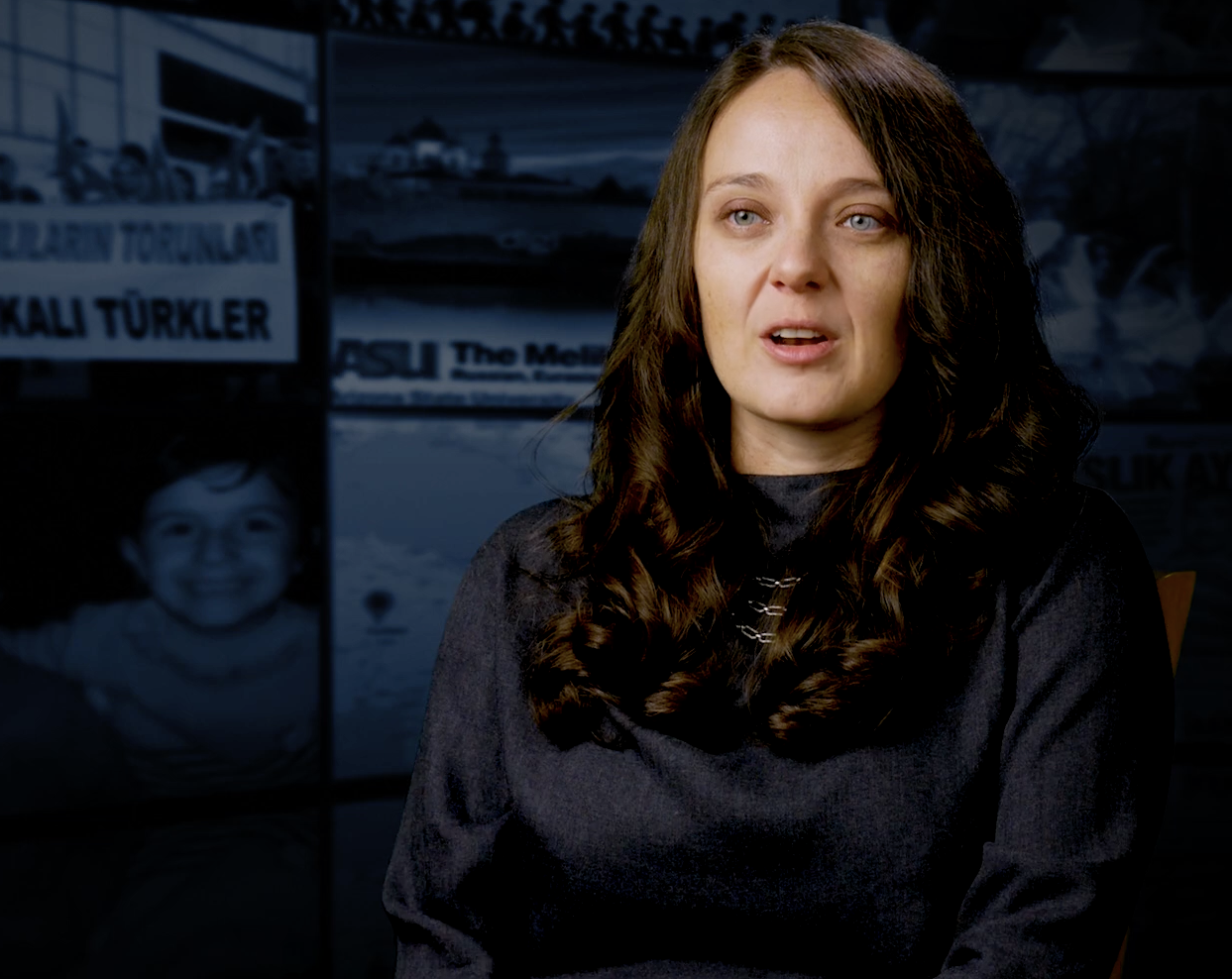
Irina Levin (Anthropology)
Lived experience of migration, identity, and citizenship in and after the Soviet Union.
View

Keith Brown (Anthropology)
Oral history of anti-authoritarianism in unexpected places.
View
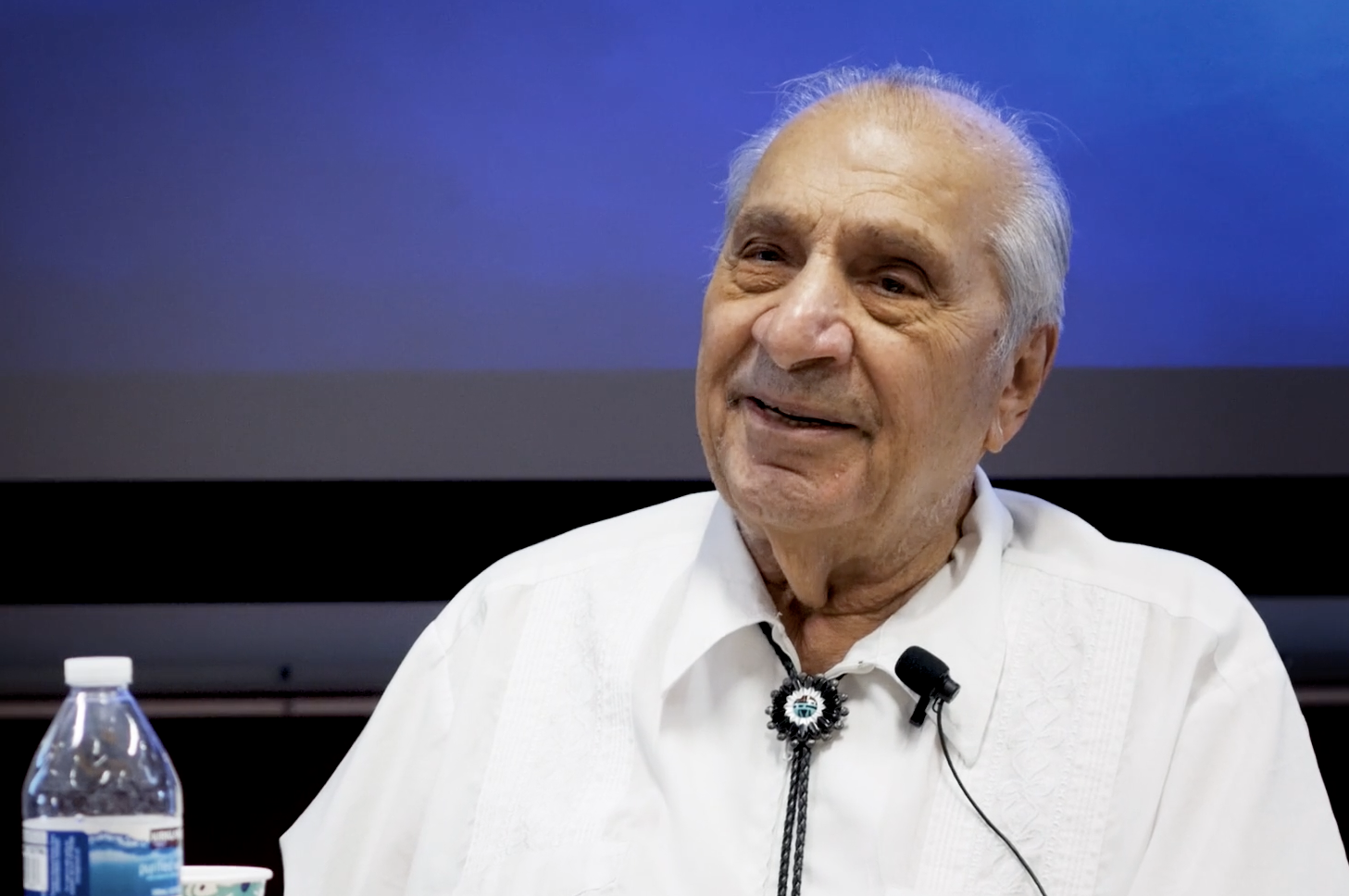
Gregory Melikian (Advisory Board Member)
How he ended WWII
View
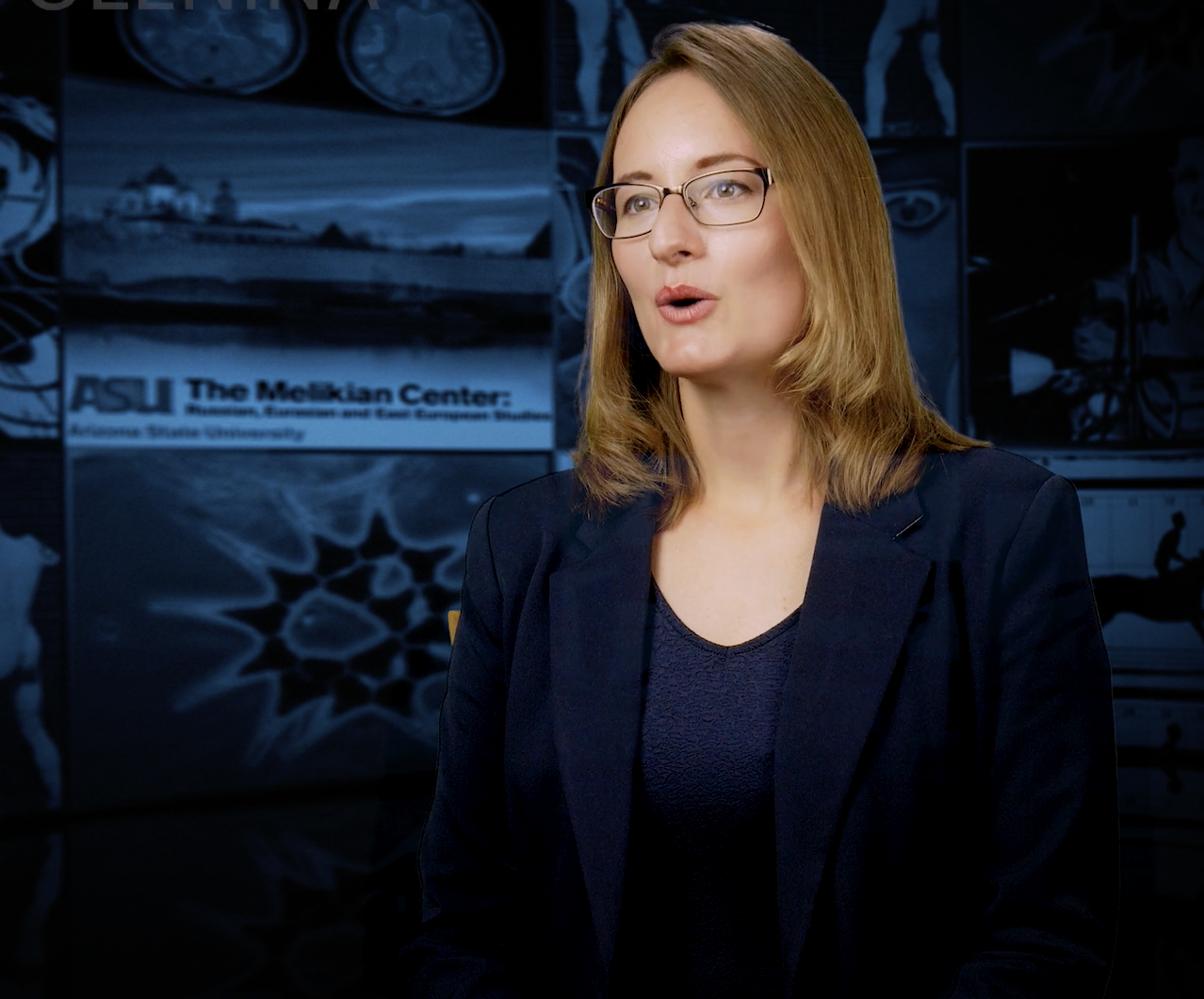
Ana Hedberg Olenina (Media Studies)
Lessons in the creative fusion of art and science from early Soviet film.
View
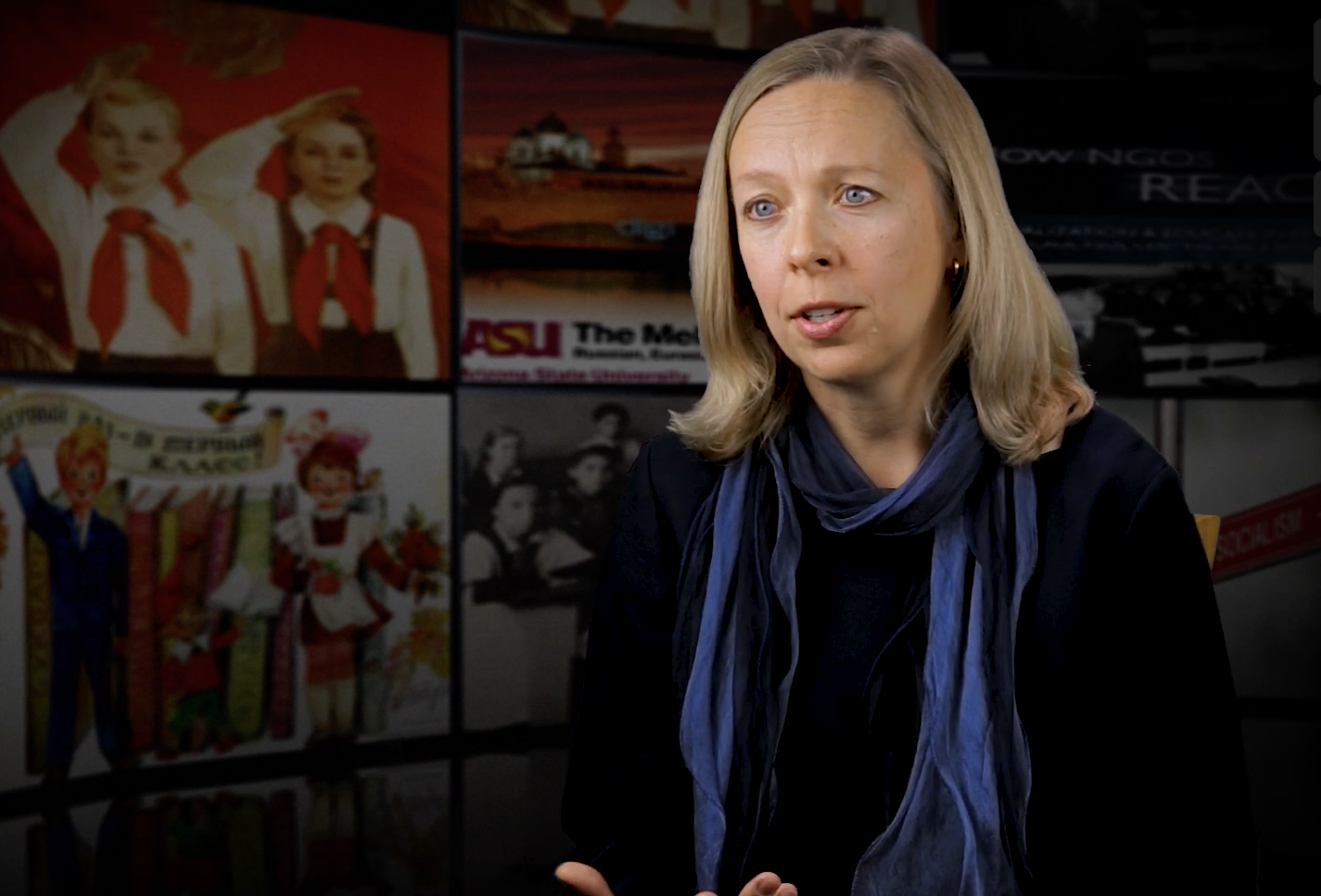
Iveta Silova (Education)
Enduring social and political influences of our high school experience.
View
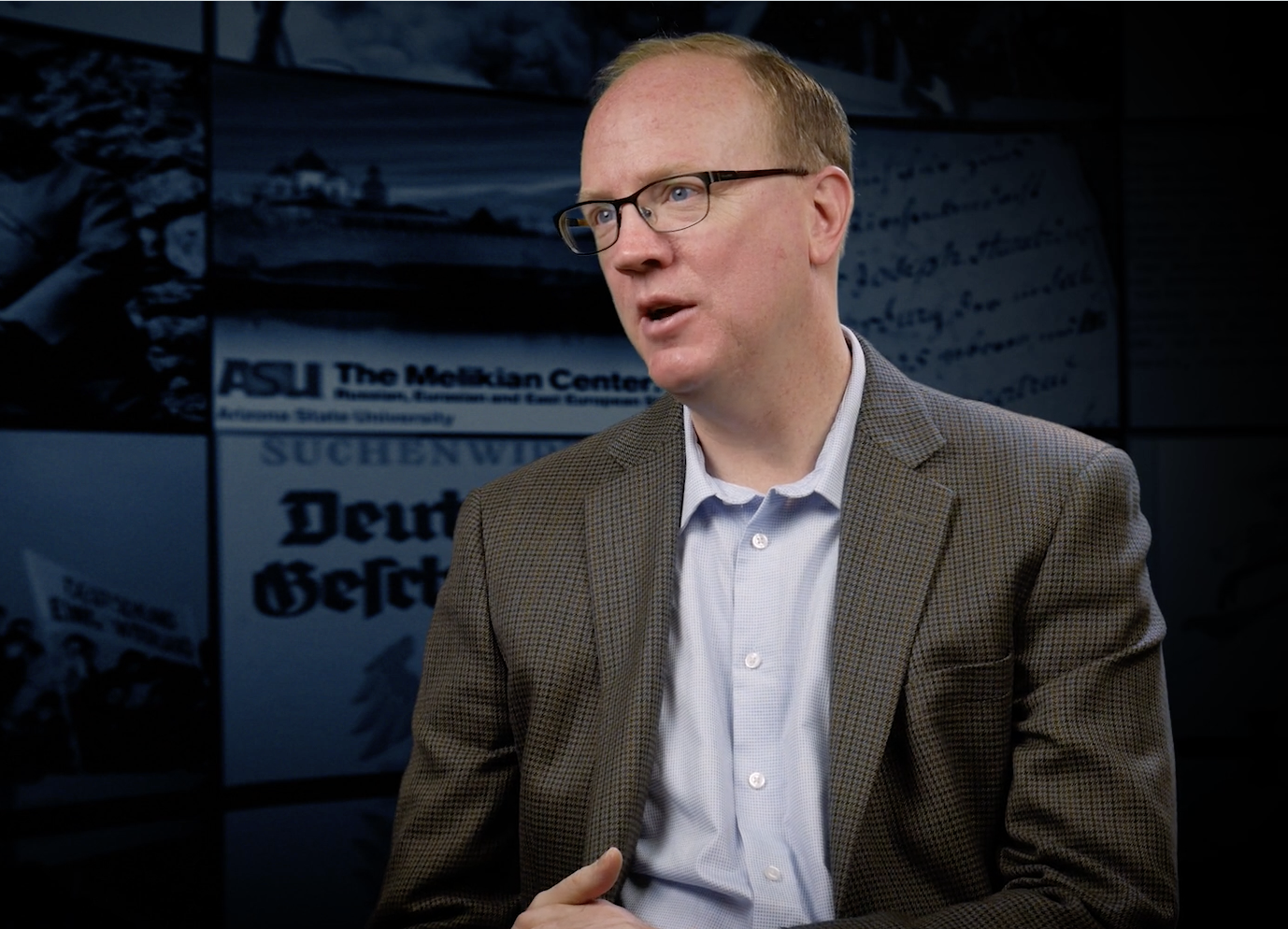
Volker Benkert (History)
How ordinary citizens made sense of abrupt political change in 20th century Germany.
View
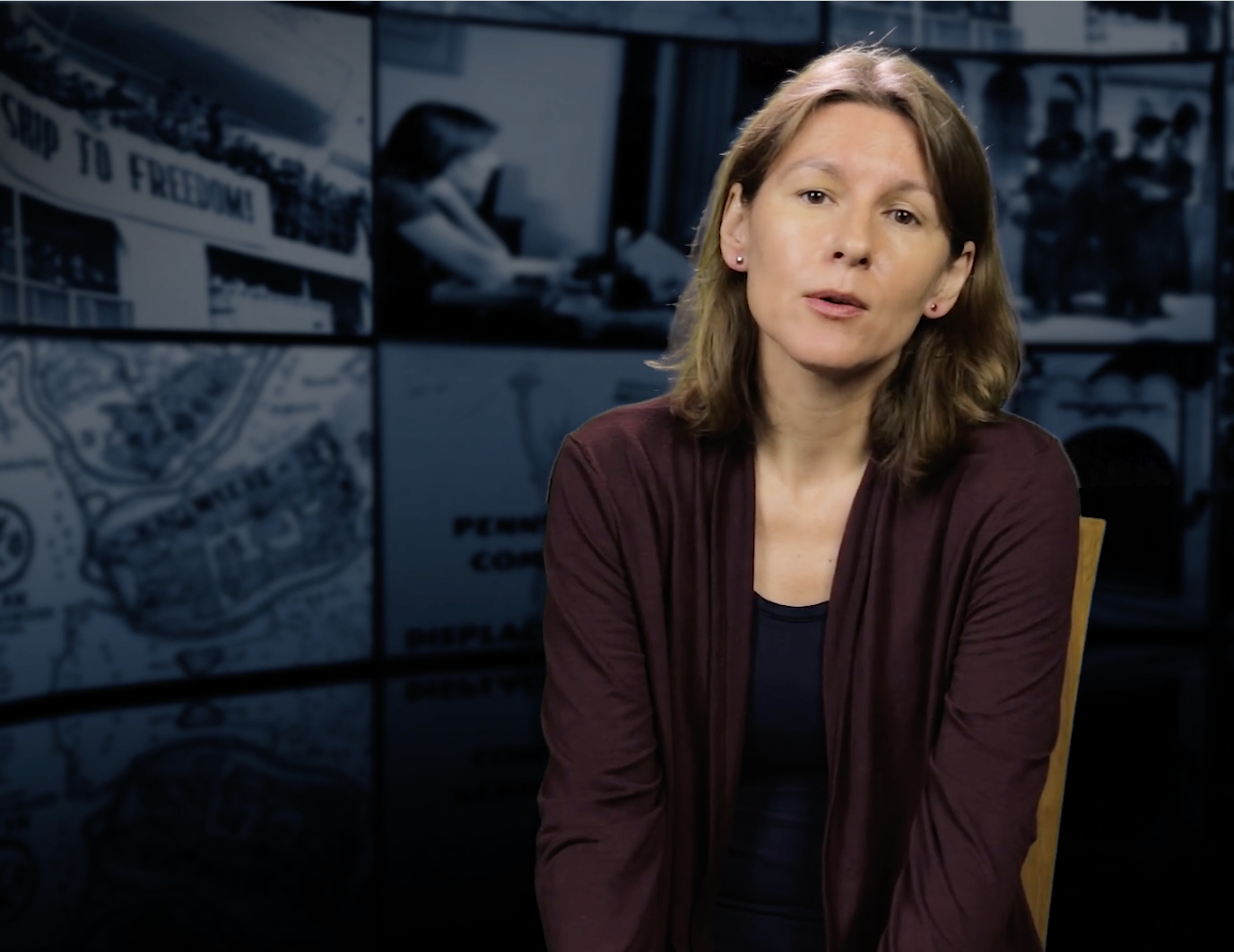
Anna Cichopek-Gajraj (History)
Polish and Jewish efforts to rebuild lives after World War II.
View
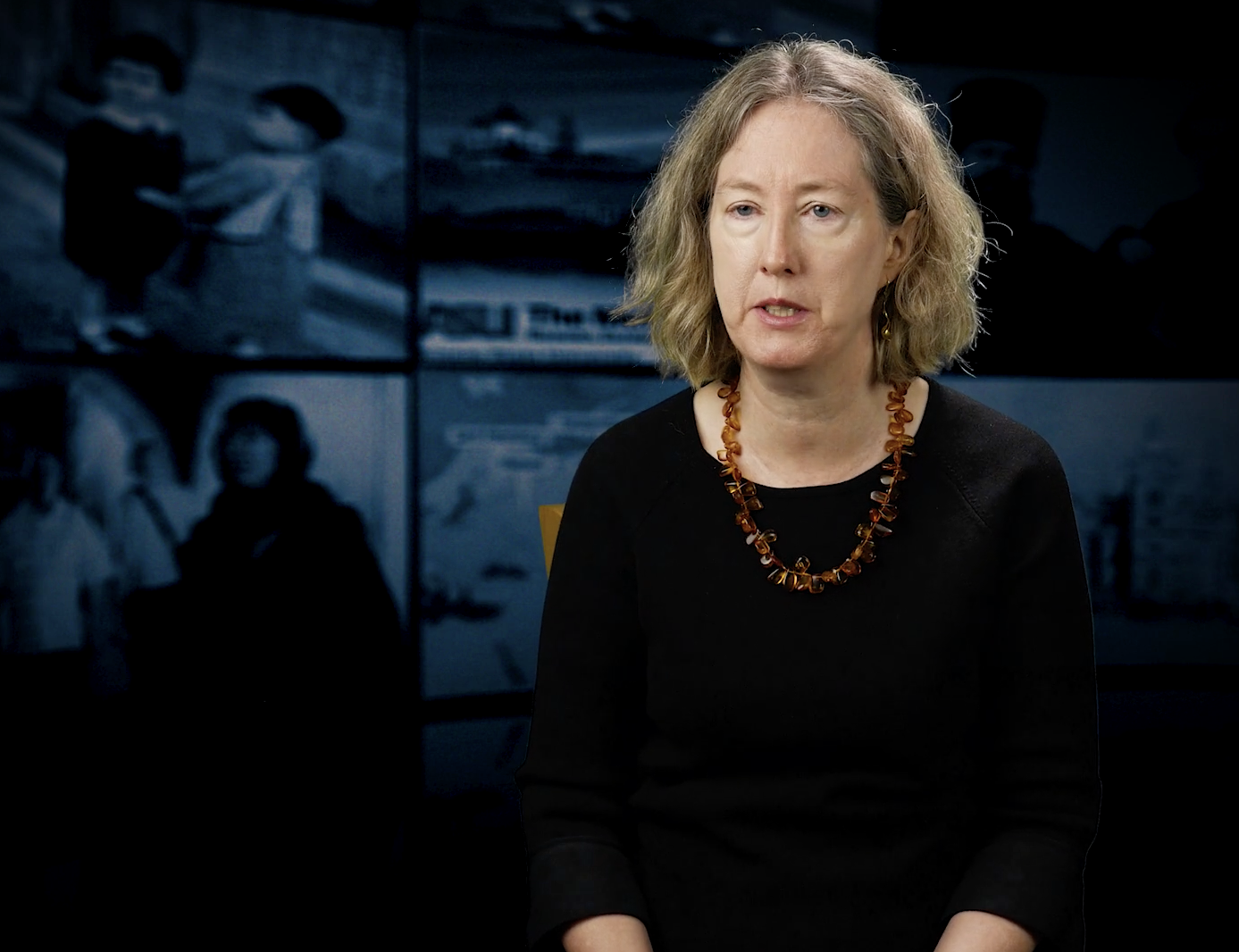
Laurie Manchester (History)
The contribution of marginalized communities to Russian national identity.
View
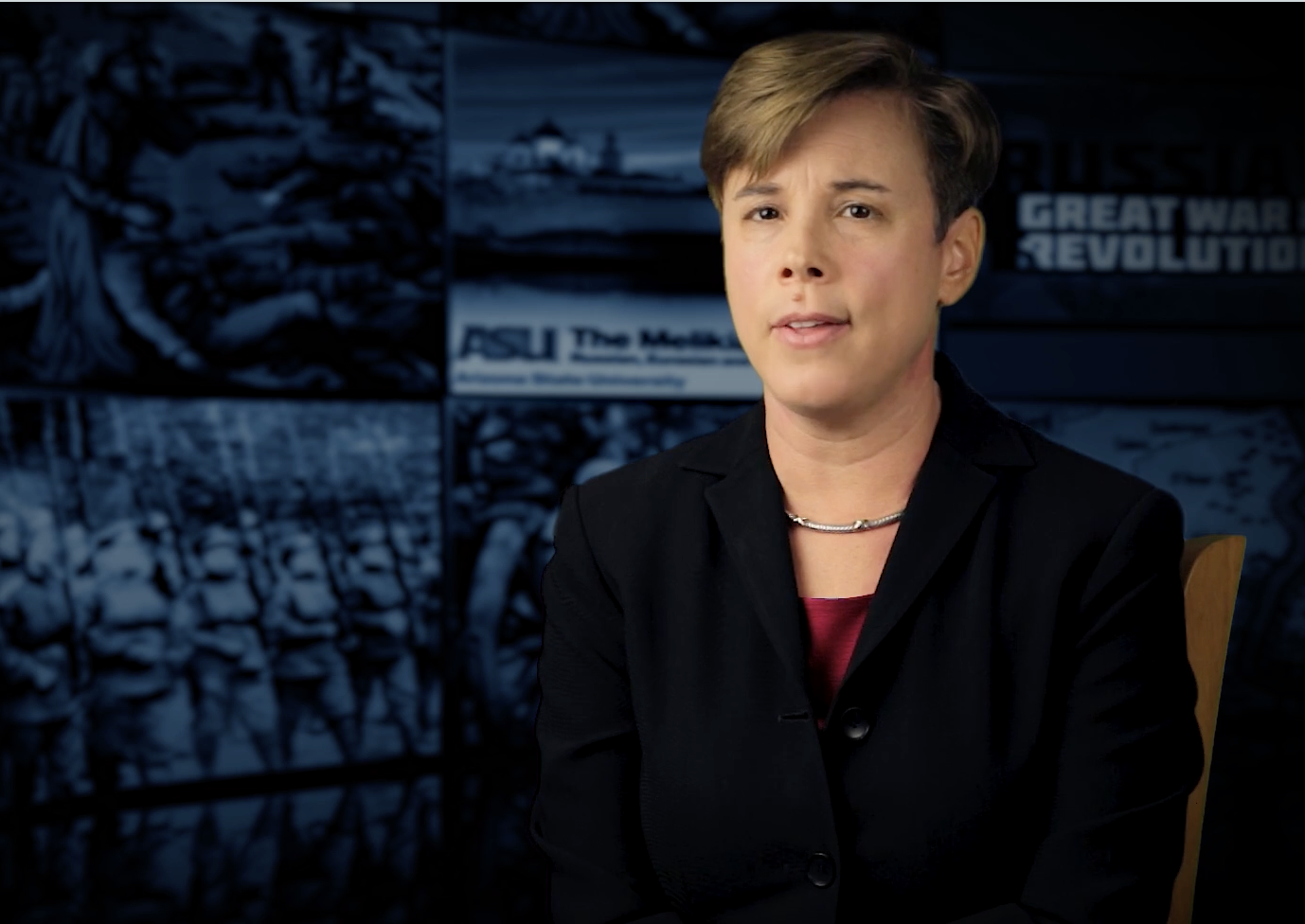
Laurie Stoff (History)
Women, war, and revolution in Russia.
View
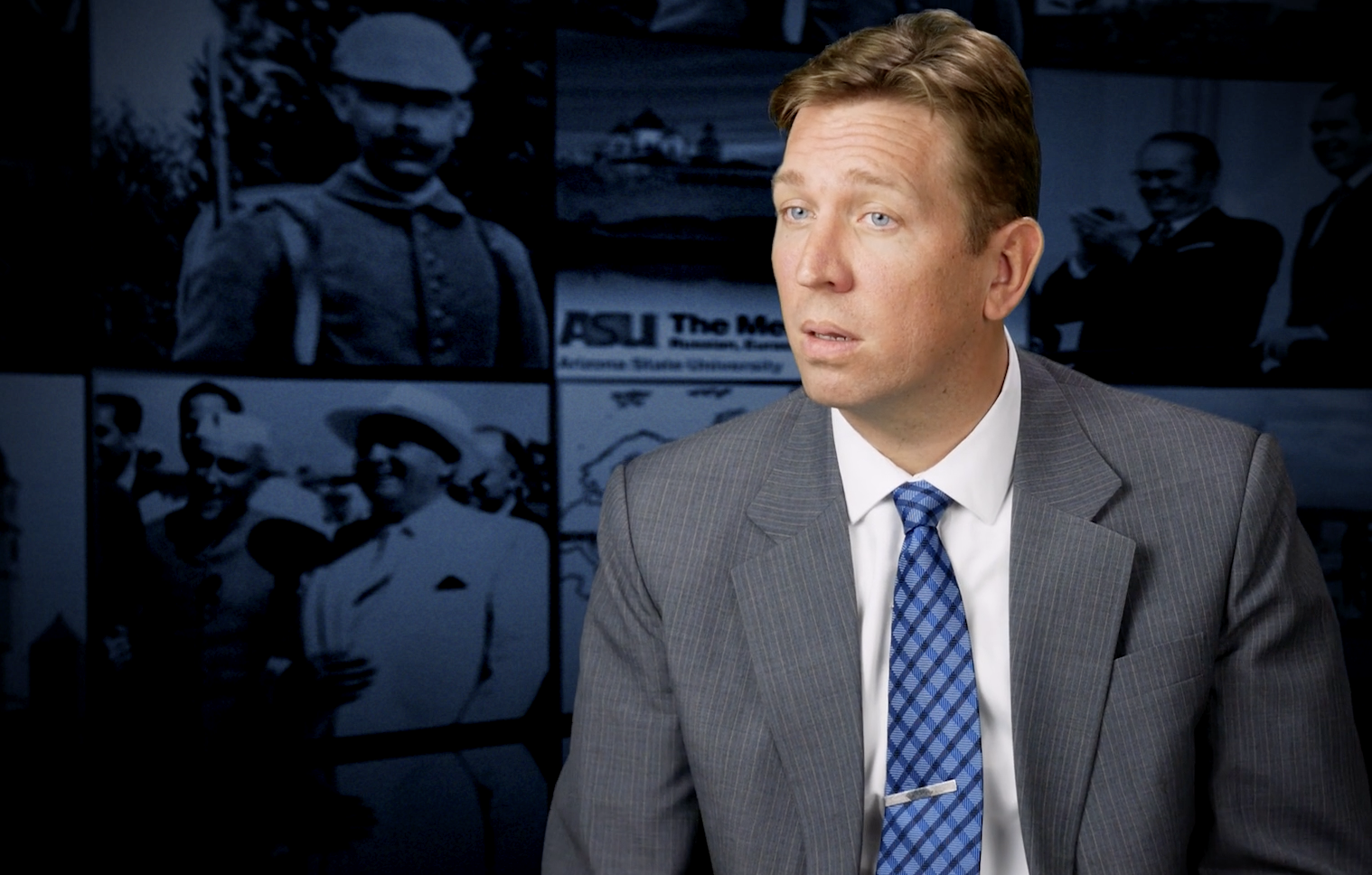
Robert Niebuhr (History and PolSci)
Tito's distinctive, personal approach to diplomacy and foreign policy.
View
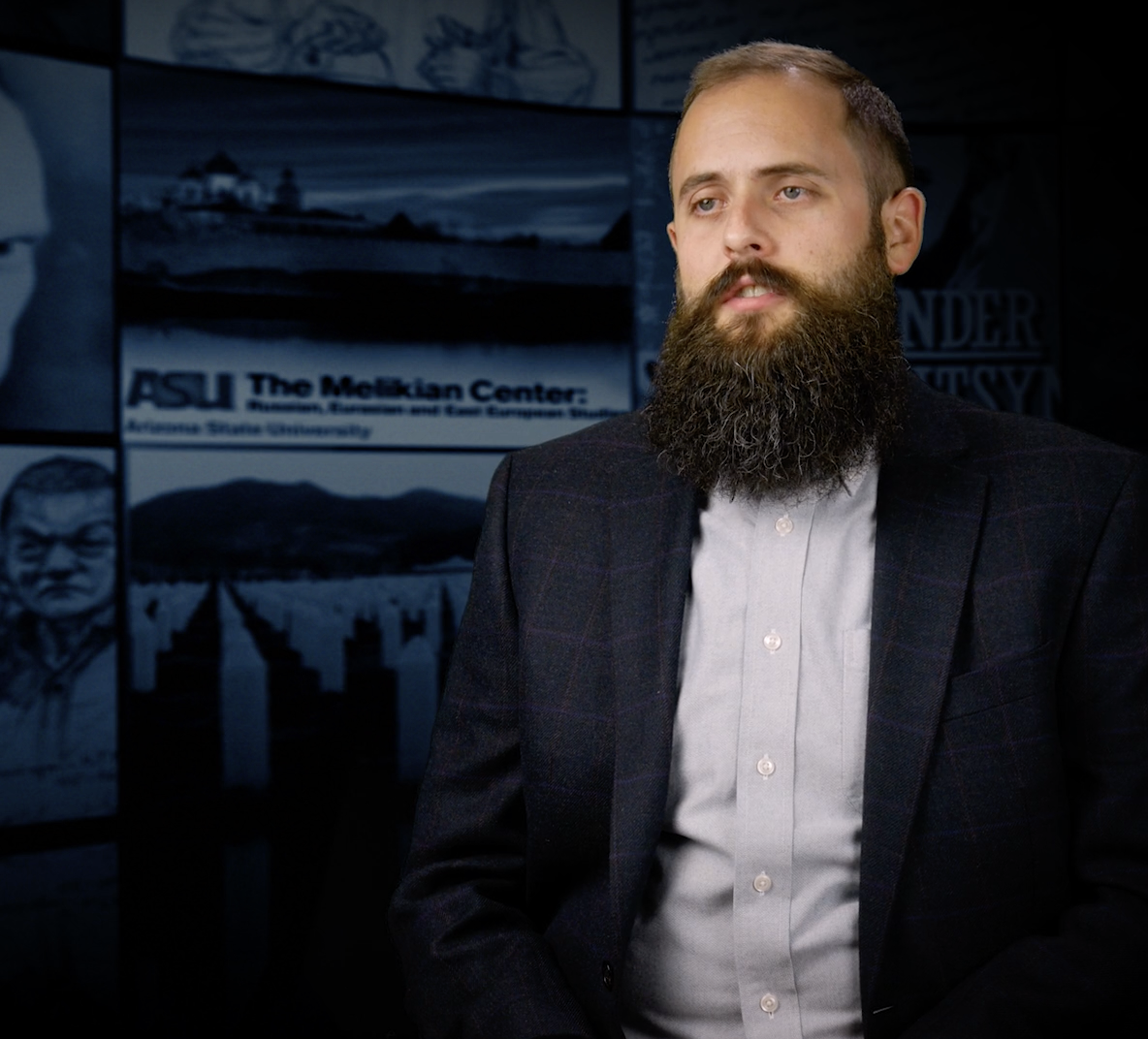
Tyler Kirk (History)
The importance of Soviet Gulag prisoners' memory-work for understanding totalitarianism.
View

Jacob Lassin (Religion and Media Studies)
The intersection of religion, politics, literature, and new media in Russia.
View
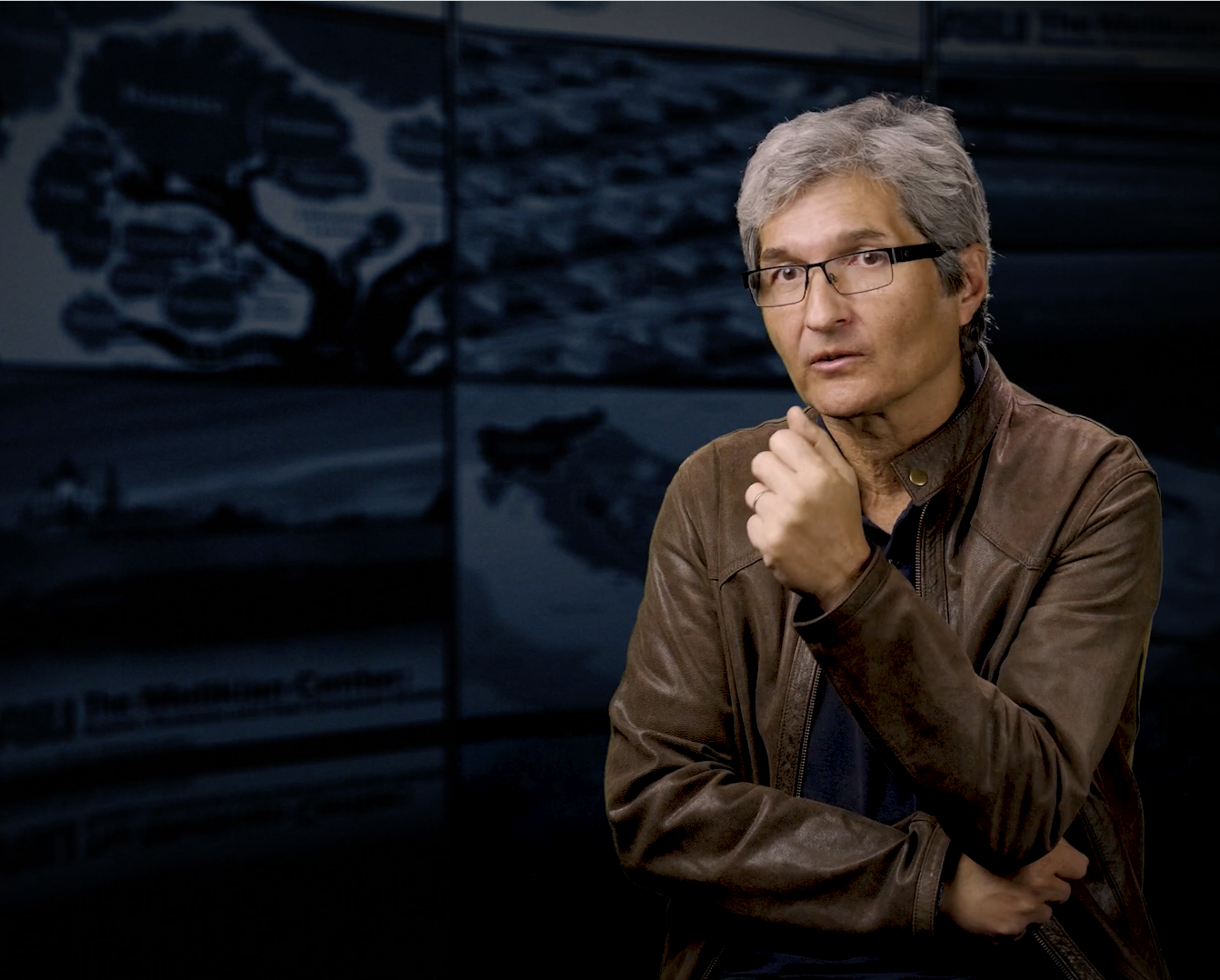
Danko Šipka (Linguistics)
Language, cultural difference, and the pleasure of dictionaries.
View
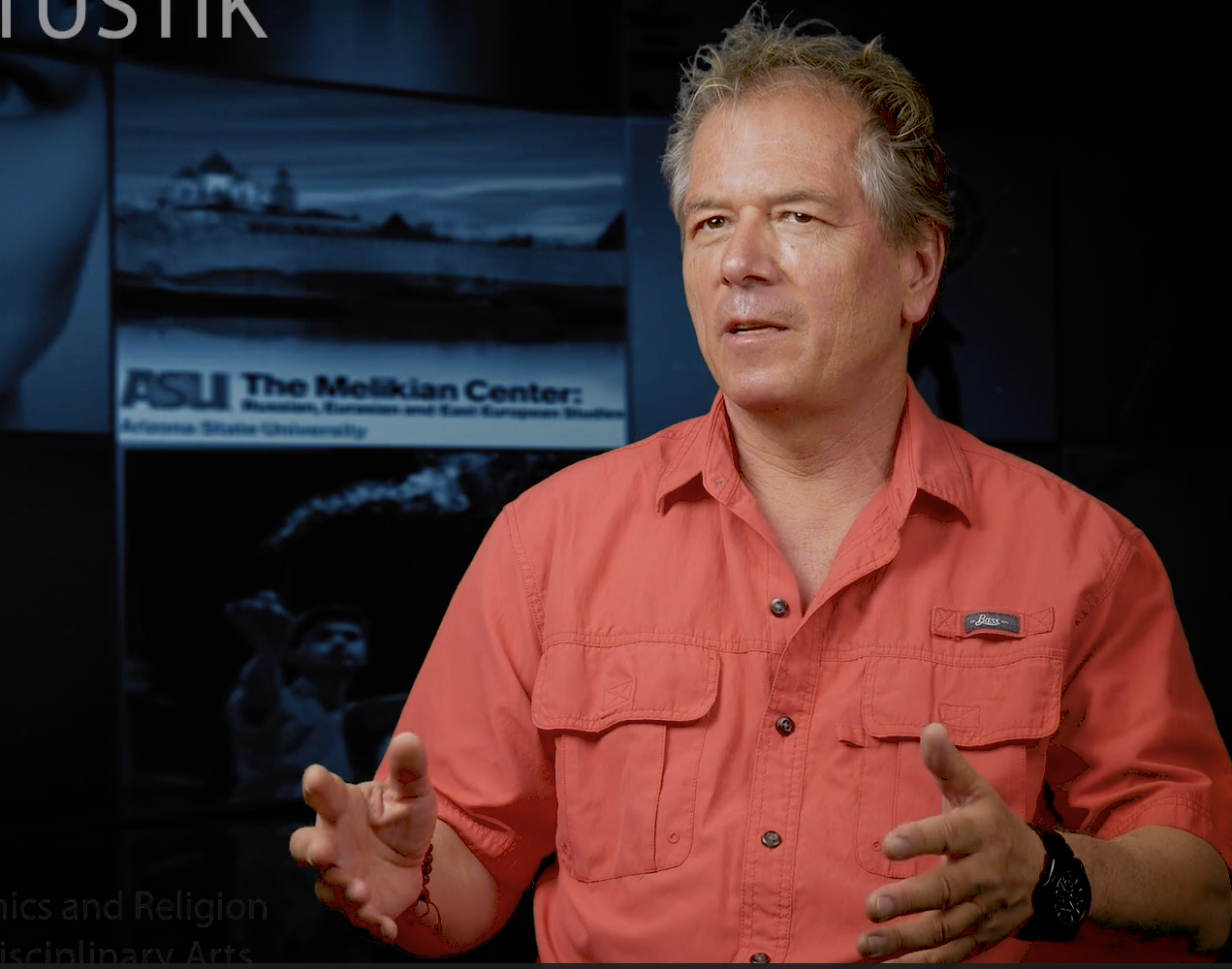
Martin Beck Matuštík (Philosophy)
The importance of ritual in a technological age.
View
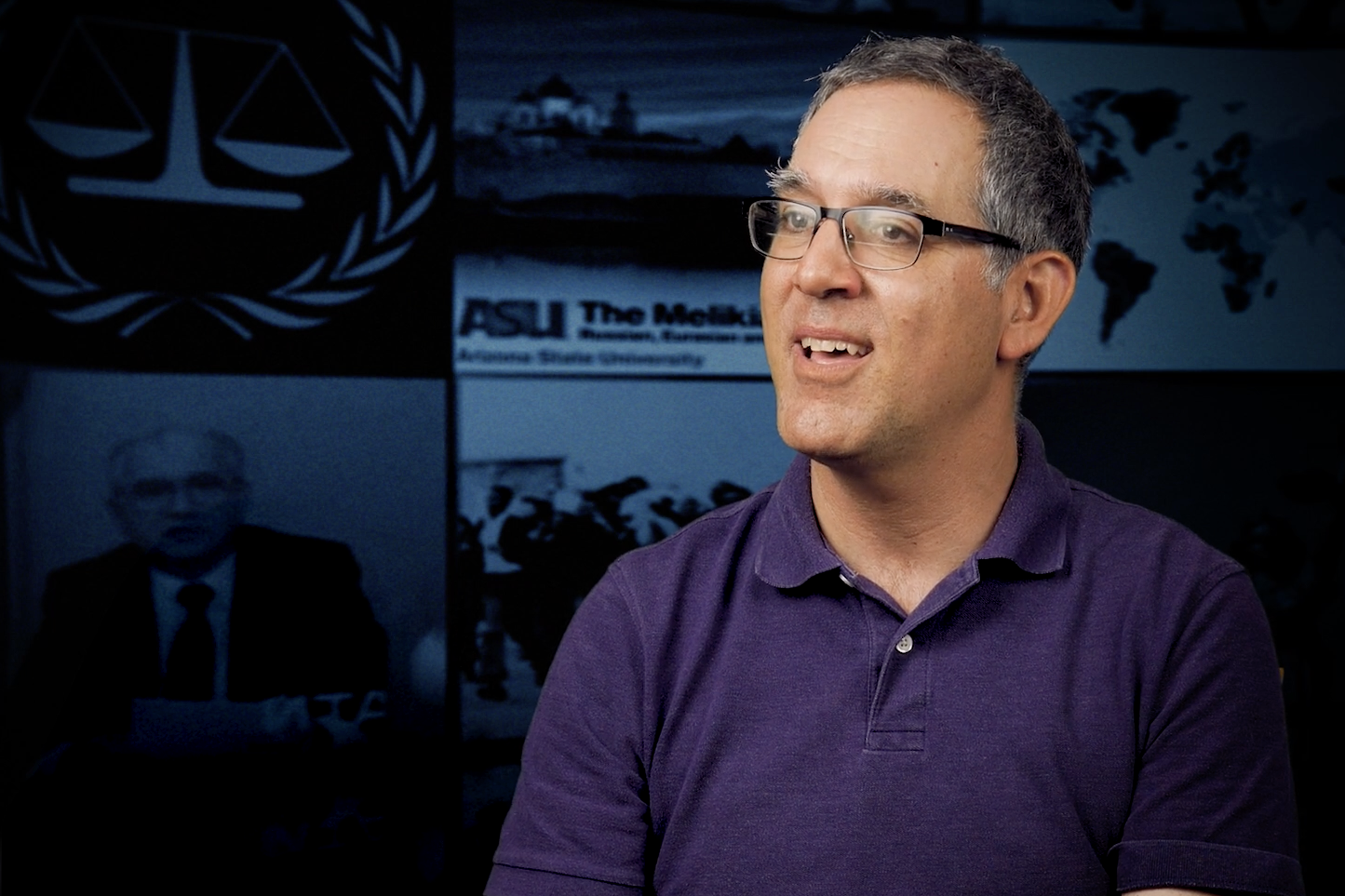
Victor Peskin (International Relations)
The enduring importance of International War Crimes Tribunals in the campaign to protect human rights.
View
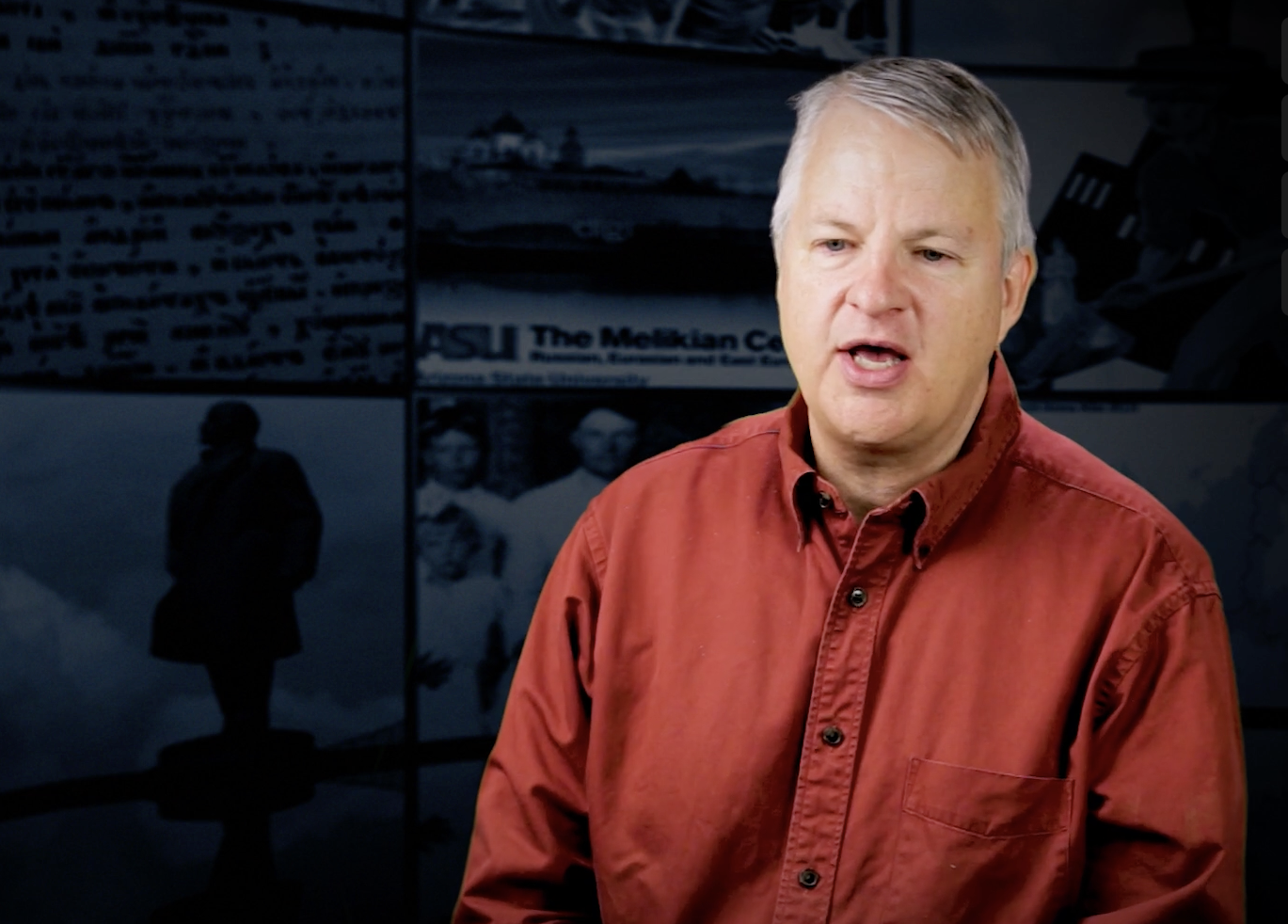
Eugene Clay (Religious Studies)
The diversity of Christian practice and beliefs in Russia.
View
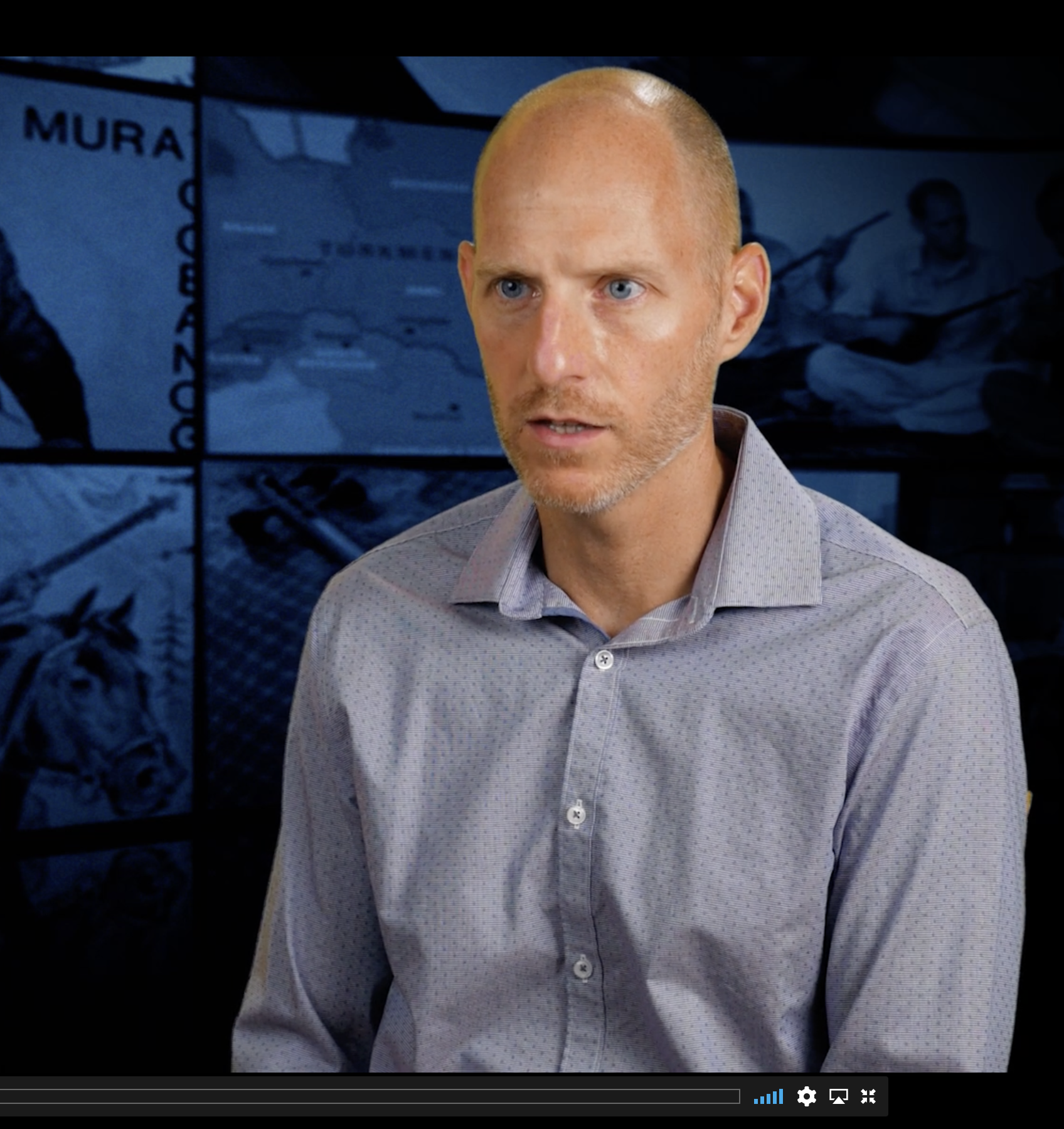
Dave Fossum (Music)
Copyright Consciousness: Musical Creativity and Intellectual Property in Turkey
View

















